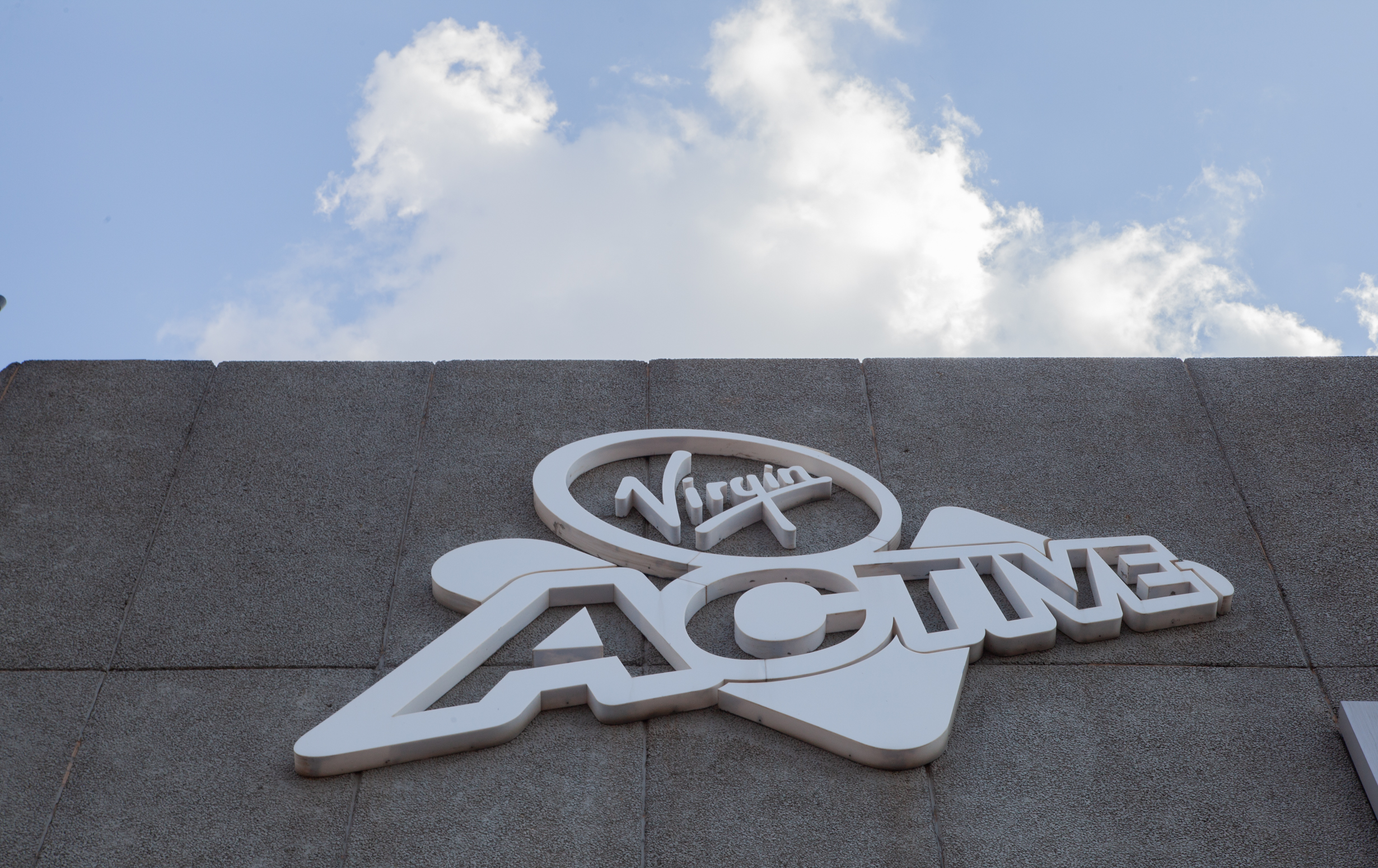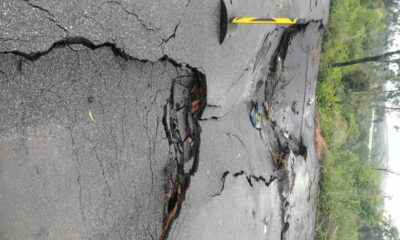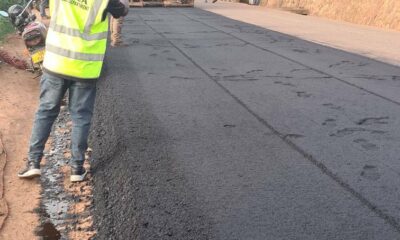Business
Virgin Active’s Retreat: Why the Gym Giant is Quietly Leaving Some Communities Behind

Three Clubs, Three Months and a Shift Away from the Everyday South African
Virgin Active is packing up in parts of South Africa and doing it quietly. In just three months, the fitness chain is closing three of its gyms: Jabulani in Soweto, Boulders in Midrand, and Riverside in Mbombela.
While this may seem like standard corporate housekeeping, for residents of places like Soweto, it feels personal. And painful.
Because with the Jabulani RED club’s closure in May, Virgin Active has officially exited Soweto — a township with more than 1.2 million people and, now, zero Virgin Active gyms.
No More Virgin Active in Soweto
This isn’t the first time the brand has pulled out of Soweto. It shut its Maponya Mall location in 2023, and Southgate’s closure dates back to 2019.
Despite investment into the Jabulani RED facility, Virgin Active admits the model simply “didn’t resonate.” But the message this sends , especially to communities long left behind by high-end wellness trends is more about abandonment than resonance.
Social media didn’t hold back:
“First Maponya, now Jabulani? You can’t say fitness is for everyone and then vanish from black townships.”
“Virgin Active talks about access, but where’s the access now?”
The response highlights a growing frustration — that corporate brands want the optics of inclusivity, but not the long-term investment it takes to build and sustain community health.
Boulders, Mbombela, and a Changing Strategy
The June closure of Boulders in Midrand marks the end of a 15-year run. And by July, the Riverside club in Mbombela will shut its doors after a decade.
In both cases, Virgin Active says that even major renovations wouldn’t bring the clubs up to their “modern standards.” These spaces, they argue, simply don’t fit the future-forward Virgin Active experience anymore.
This speaks volumes about the company’s evolving direction: fewer budget-friendly clubs, more upscale locations, less focus on access, more focus on premium.
Yet in Mbombela, Virgin still has another club just 3.5 km away, raising questions about whether the closures are really about experience, or cutting costs while maintaining appearances.
The Bigger Picture: From Growth to Shrinkage
Virgin Active was flying high in the late 2010s. New clubs sprang up in Cape Town, Durban, Pretoria and Joburg. At its peak in 2018, it had 141 clubs across Southern Africa.
But by 2023, that number had dropped to 132, and behind the scenes, a more cautious approach has taken hold.
The group has been playing catch-up since COVID-19 knocked it off its feet in 2020–2021. Membership is slowly recovering, with numbers rising 5% to 634,000 by September 2024. But it still hasn’t reached the “maintainable” revenue levels its owner, Brait, hopes to hit by 2025.
In the meantime, Virgin Active is investing in renovations at high-profile clubs like the V&A Waterfront’s Silo District, Glen Acres, and Bryanston. These projects aim to uphold what it calls “minimum brand standards” — which increasingly means a luxury fitness experience, not just a place to break a sweat.
Discovery Deal and Kauai Strategy: What’s Still Working
Not everything is closing down. Virgin Active got a big win this year when it renewed its deal with Discovery Vitality, a lifeline for the gym’s middle-class customer base.
It’s also focused on rolling out Kauai and Nü stores inside more clubs — part of a broader wellness ecosystem that targets upper-income, health-conscious clients.
In short, Virgin Active is repositioning itself, not as a gym for everyone, but as a wellness brand for those who can afford it.
Brait’s Bigger Exit Plan
Virgin Active’s owner, Brait, is gradually winding down. It sold off brands like Consol and Premier Foods, and it plans to list or sell Virgin Active by 2026/27.
The strategy is clear: cut what’s not profitable, invest where returns are strongest, and package the business for future buyers.
But for South Africans in places like Soweto, Midrand, or Mbombela, it’s hard not to feel left behind in that equation.
Fitness, but at What Cost?
As Virgin Active focuses on “experience” and design, we’re left with a hard question: Should access to wellness depend on postcode or income?
Gym closures may be a corporate decision, but for the communities they served, it’s about more than just losing a treadmill. It’s losing a space where health, hope, and hustle could come together.
And in a country battling deep health inequalities, those spaces matter now more than ever.
{Source: The Citizen}
Follow Joburg ETC on Facebook, Twitter , TikTok and Instagram
For more News in Johannesburg, visit joburgetc.com



























